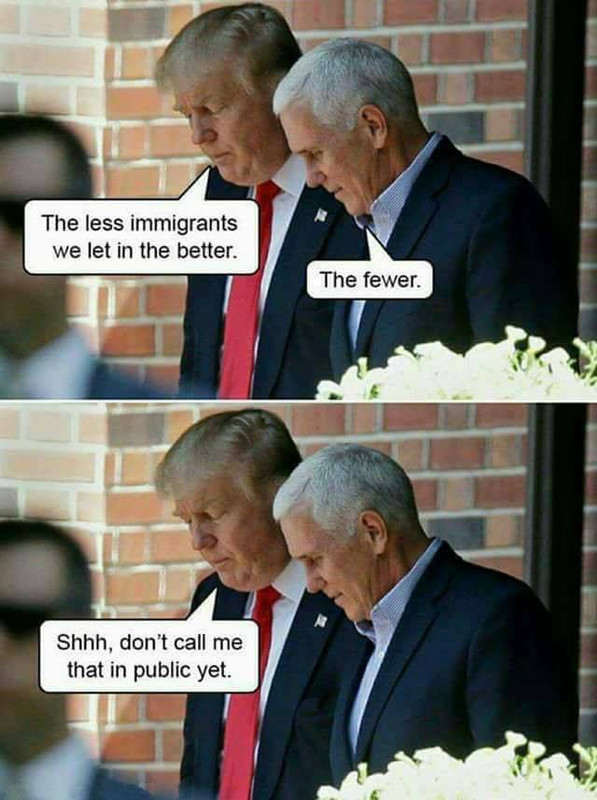Copernicus
Industrial Grade Linguist
The Elements of Style by Strunk and White is one of the most sacred texts in the canon of prescriptive grammar. For those interested in a flaming review of it, linguist Geoffrey Pullum will be giving a lecture at George Washington University in Washington DC on May 10:

Pullum is a great speaker with a wicked sense of humor, and he has a lot of fun with the problems he found in The Elements of Style. For those who are interested in what he has to say, I recommend
The Land of the Free and The Elements of Style
Here is a taste of what he has to say:

Pullum is a great speaker with a wicked sense of humor, and he has a lot of fun with the problems he found in The Elements of Style. For those who are interested in what he has to say, I recommend
The Land of the Free and The Elements of Style
Here is a taste of what he has to say:
I believe the success of Elements to be one of the worst things to have happened to English language education in America in the past century. The book’s style advice, largely vapid and obvious (“Do not overwrite”; “Be clear”), may do little damage; but the numerous statements about grammatical correctness are actually harmful. They are riddled with inaccuracies, uninformed by evidence, and marred by bungled analysis. Elements is a dogmatic bookful of bad usage advice, and the people who rely on it have no idea how badly off-beam its grammatical claims are. In this essay I provide some illustrations, and a review of some of the book’s most striking faults

